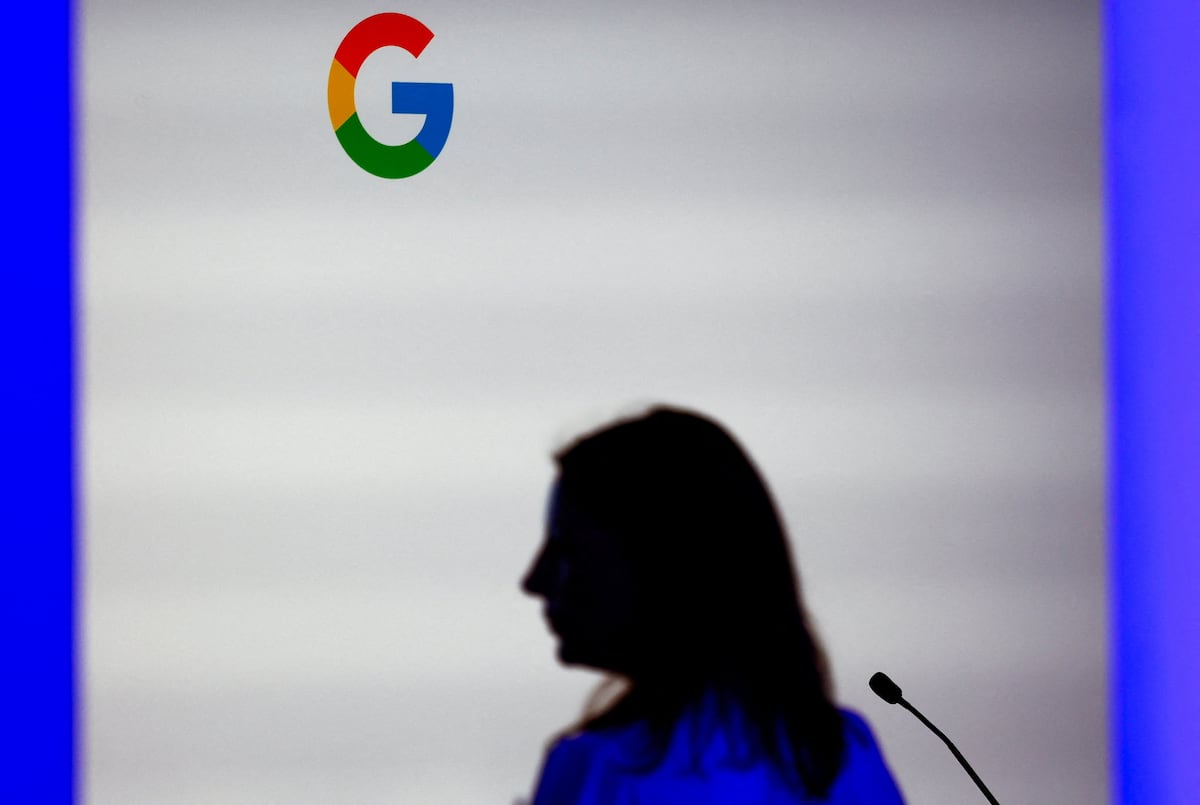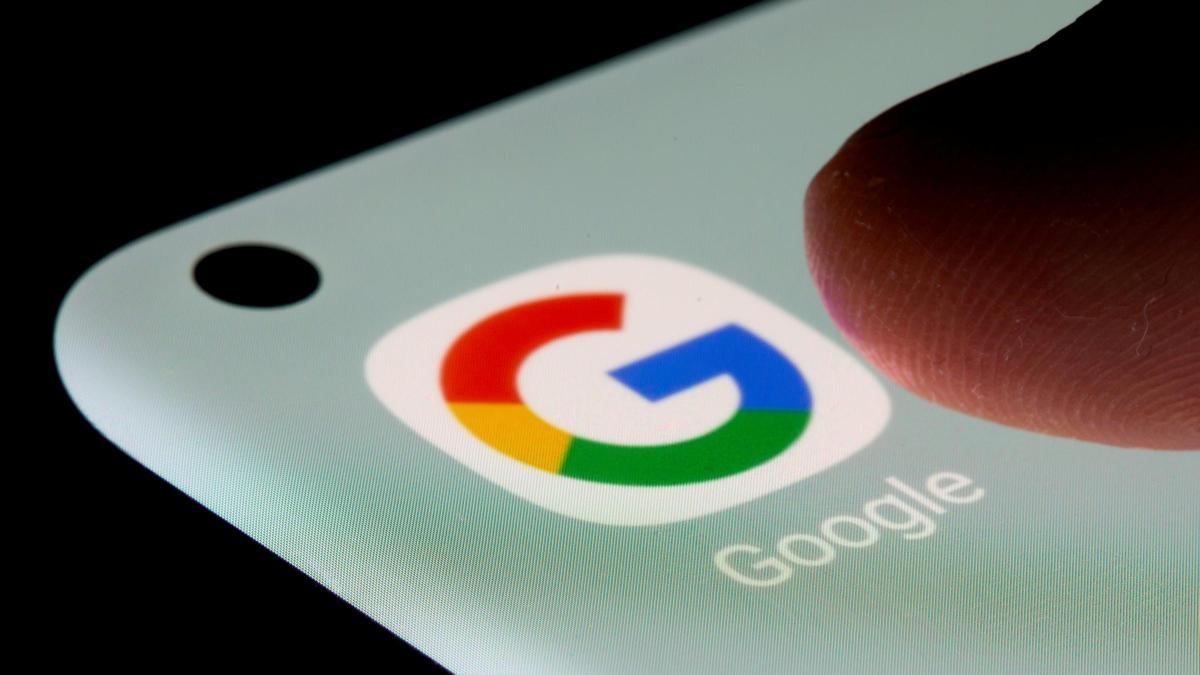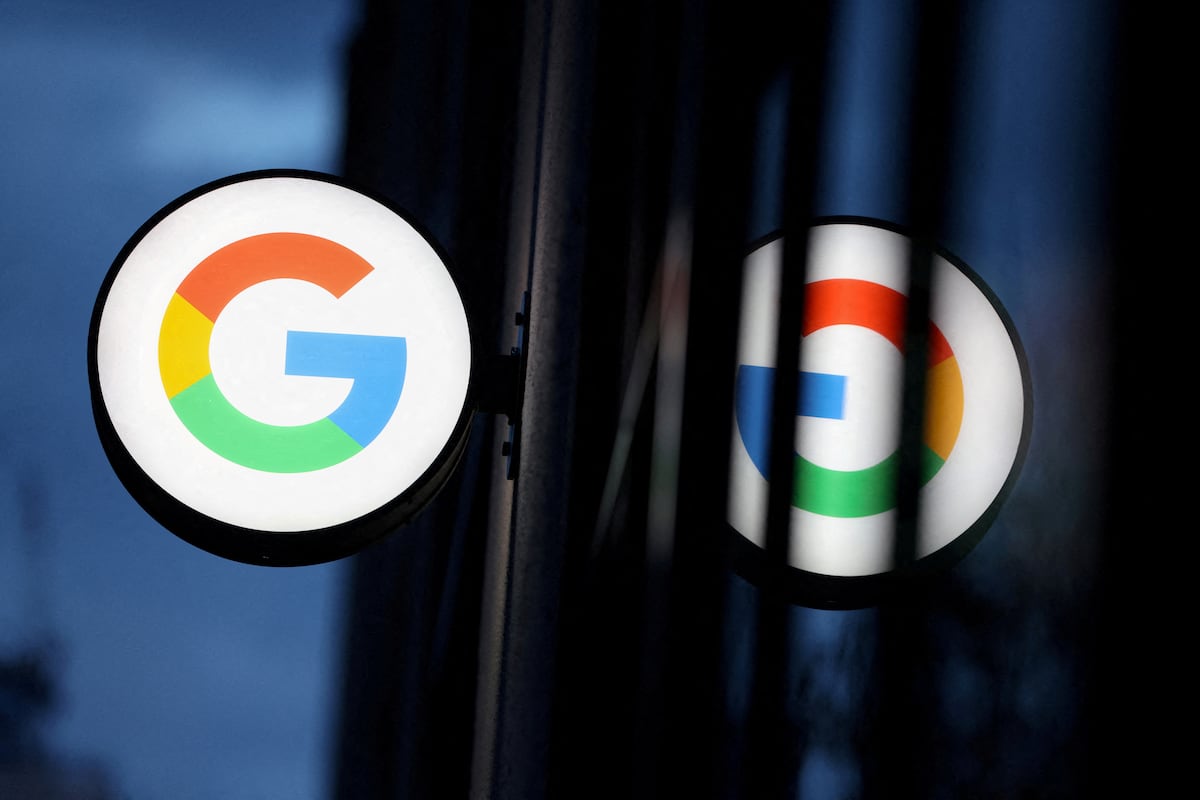Tiempos complicados para las grandes tecnológicas.
Ayer salió la sentencia del caso U.S. et al. v. Google, en la que el juez Mehta (curiosa coincidencia con el competidor Meta), considera probado que
Google es un monopolista, y ha actuado como tal para mantener su monopolio.
Podéis descargar la sentencia desde
https://www.supremecourt.gov/opinions/22pdf/598us2r25_i32j.pdf
Os dejo el enlace y el texto del artículo del New York Times, que es para suscriptores.
The ruling on Google’s search dominance was the first antitrust decision of the modern internet era in a case against a technology giant.

www.nytimes.com
‘Google Is a Monopolist,’ Judge Rules in Landmark Antitrust Case
The ruling on Google’s search dominance was the first antitrust decision of the modern internet era in a case against a technology giant.
Google acted illegally to maintain a monopoly in online search, a federal judge ruled on Monday, a landmark decision that strikes at the power of tech giants in the modern internet era and that may fundamentally alter the way they do business.
Judge Amit P. Mehta of U.S. District Court for the District of Columbia said in a 277-page ruling that Google had abused a monopoly over the search business. The Justice Department and states had sued Google, accusing it of illegally cementing its dominance, in part, by paying other companies, like Apple and Samsung, billions of dollars a year to have Google automatically handle search queries on their smartphones and web browsers.
“Google is a monopolist, and it has acted as one to maintain its monopoly,” Judge Mehta said in his ruling.
The ruling is a harsh verdict on the rise of giant technology companies that have used their roots in the internet to influence the way we shop, consume information and search online — and indicates a potential limit of Big Tech’s power. It is likely to influence other government antitrust lawsuits against Google, Apple, Amazon and Meta, the owner of Facebook, Instagram and WhatsApp. The last significant antitrust ruling against a tech company targeted Microsoft more than two decades ago.
“This is the most important antitrust case of the century, and it’s the first of a big slate of cases to come down against Big Tech,” said Rebecca Haw Allensworth, a professor at Vanderbilt University’s law school who studies antitrust. “It’s a huge turning point.”
The decision is a major blow to Google, which was built on its search engine and has become so closely associated with online search that its name has become a verb. The ruling could have major ramifications for Google’s success, especially as the company spends heavily to compete in the race over artificial intelligence. Google faces another federal antitrust case over ad technology that is scheduled to go to trial next month.
Monday’s ruling did not include remedies for Google’s behavior. Judge Mehta will now decide that, potentially forcing the company to change the way it runs or to sell off part of its business.
What the Judge Said in His Ruling
“After having carefully considered and weighed the witness testimony and evidence, the court reaches the following conclusion: Google is a monopolist, and it has acted as one to maintain its monopoly.”
Judge Mehta’s ruling capped a yearslong case — U.S. et al. v. Google — that resulted in a 10-week trial last year. The Justice Department and states sued in 2020 over Google’s dominance in online search, which generates billions in profits annually. The Justice Department said Google’s search engine conducted nearly 90 percent of web searches, a number the company disputed.
The company spends billions of dollars annually to be the automatic search engine on browsers like Apple’s Safari and Mozilla’s Firefox. Google paid Apple about $18 billion for being the default in 2021, The New York Times has reported.
“This landmark decision holds Google accountable,” Jonathan Kanter, the top Justice Department antitrust official, said in a statement. “It paves the path for innovation for generations to come and protects access to information for all Americans.”
Kent Walker, Google’s president of global affairs, said the company would appeal the ruling.
“This decision recognizes that Google offers the best search engine, but concludes that we shouldn’t be allowed to make it easily available,” he said. “As this process continues, we will remain focused on making products that people find helpful and easy to use.”
During the trial, Microsoft’s chief executive, Satya Nadella, testified that he was concerned that his competitor’s dominance had created a “Google web” and that its relationship with Apple was “oligopolistic.” If Google continued undeterred, it was likely to become dominant in the race to develop artificial intelligence, he said.
Google’s chief executive, Sundar Pichai, countered in his testimony that Google created a better service for consumers.
Users choose to search on Google because they find it useful, and the company has continued to invest to make it better, the company’s lawyers said.
“Google is winning because it’s better,” John Schmidtlein, Google’s lead courtroom lawyer, said during closing arguments, which were held months later in May.
The government argued that by paying billions of dollars to be the automatic search engine on consumer devices, Google had denied its competitors the opportunity to build the scale required to compete with its search engine. Instead, Google collected more data about consumers that it used to make its search engine better and more dominant.
Judge Mehta sided with the government, saying Google had a monopoly over general online search services. The company’s agreements to be the automatic search engine on devices and web browsers hurt competition, making it harder for rivals to challenge Google’s dominance.
For more than a decade, those agreements “have given Google access to scale that its rivals cannot match,” Judge Mehta wrote.
The government also accused Google of protecting a monopoly over the ads that run inside search results. Government lawyers said Google had raised the price of ads beyond the rates that should exist in a free market, which they argued was a sign of the company’s power. Search ads provide billions of dollars in annual revenue for Google.
Judge Mehta ruled that Google’s monopoly allowed it to inflate the prices for some search ads. That, in turn, gave the company more money to pay for its search engine to get prime placement, he said.
“Unconstrained price increases have fueled Google’s dramatic revenue growth and allowed it to maintain high and remarkably stable operating profits,” he said in the ruling.
Judge Mehta ruled in Google’s favor on some lesser claims. Google offers advertisers many tools, including one that they use to manage advertising on different search engines. State attorneys general argued during the trial that Google had illegally excluded Microsoft’s search engine, Bing, from aspects of those tools. But Judge Mehta ruled against their claim.
Legal scholars expect this decision to influence government antitrust lawsuits against the other tech giants. All of those investigations, conducted by the Federal Trade Commission and the Justice Department, began during the Trump administration and have ramped up under President Biden.
The Justice Department has sued Apple, arguing that the company made it difficult for consumers to ditch the iPhone, and brought the other case against Google. The F.T.C. has separately sued Meta, claiming the company stamped out nascent competitors, and Amazon, accusing it of squeezing sellers on its online marketplace.
With those cases, the government is testing hundred-year-old laws originally used to rein in utility and other monopolistic companies like Standard Oil.
A victory for the government provides credibility for its broader attempt to use antitrust laws to take aim at corporate America, said William Kovacic, a former chairman of the F.T.C.
“It creates momentum that supports their other cases,” he said in an interview in June.
Google has also faced antitrust scrutiny in Europe, where officials charged the company last year with undermining rivals in online advertising.
The last major U.S. court ruling on a tech antitrust case — in the Justice Department’s 1990s lawsuit against Microsoft — cast its own shadow over the Google arguments. Judge Mehta repeatedly pressed lawyers to explain how the specifics of the case against Google could fit into the legal precedents.
The Microsoft antitrust case alleged that the tech giant combined practices like bullying industry partners and leveraging the popularity of its digital platform, from which users typically didn’t switch, to stifle competition.
A District Court judge initially ruled against Microsoft on most counts of possible antitrust violations and ordered a breakup of the company, but an appeals court reversed some of those decisions. President George W. Bush’s administration settled with the company in 2001.
Steve Lohr contributed reporting from New York.











